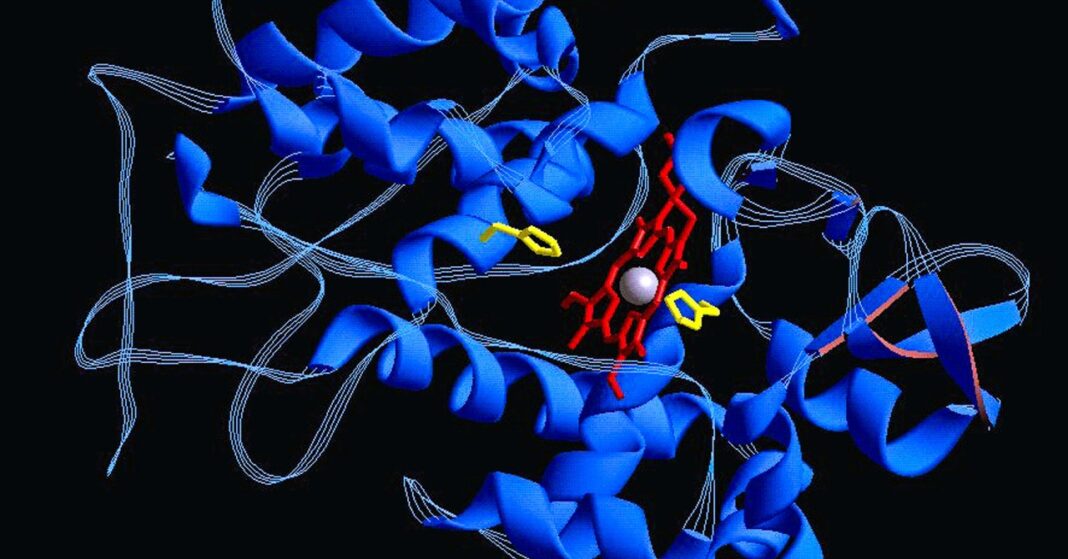Yet Hodgkinson worries that researchers in the field will pay attention to the technique, rather than the science, when trying to reverse engineer why the trio won the prize this year. “What I hope this doesn’t do is make researchers inappropriately use chatbots, by wrongly thinking that all AI tools are equivalent,” he says.
The fear that this could happen is founded in the explosion of interest around other supposedly transformative technologies. “There’s always hype cycles, recent ones being blockchain and graphene,” says Hodgkinson. Following graphene’s discovery in 2004, 45,000 academic papers mentioning the material were published between 2005 and 2009, according to Google Scholar. But after Andre Geim and Konstantin Novoselov’s Nobel Prize win for their discovery of the material, the number of papers published then shot up, to 454,000 between 2010 and 2014, and…



